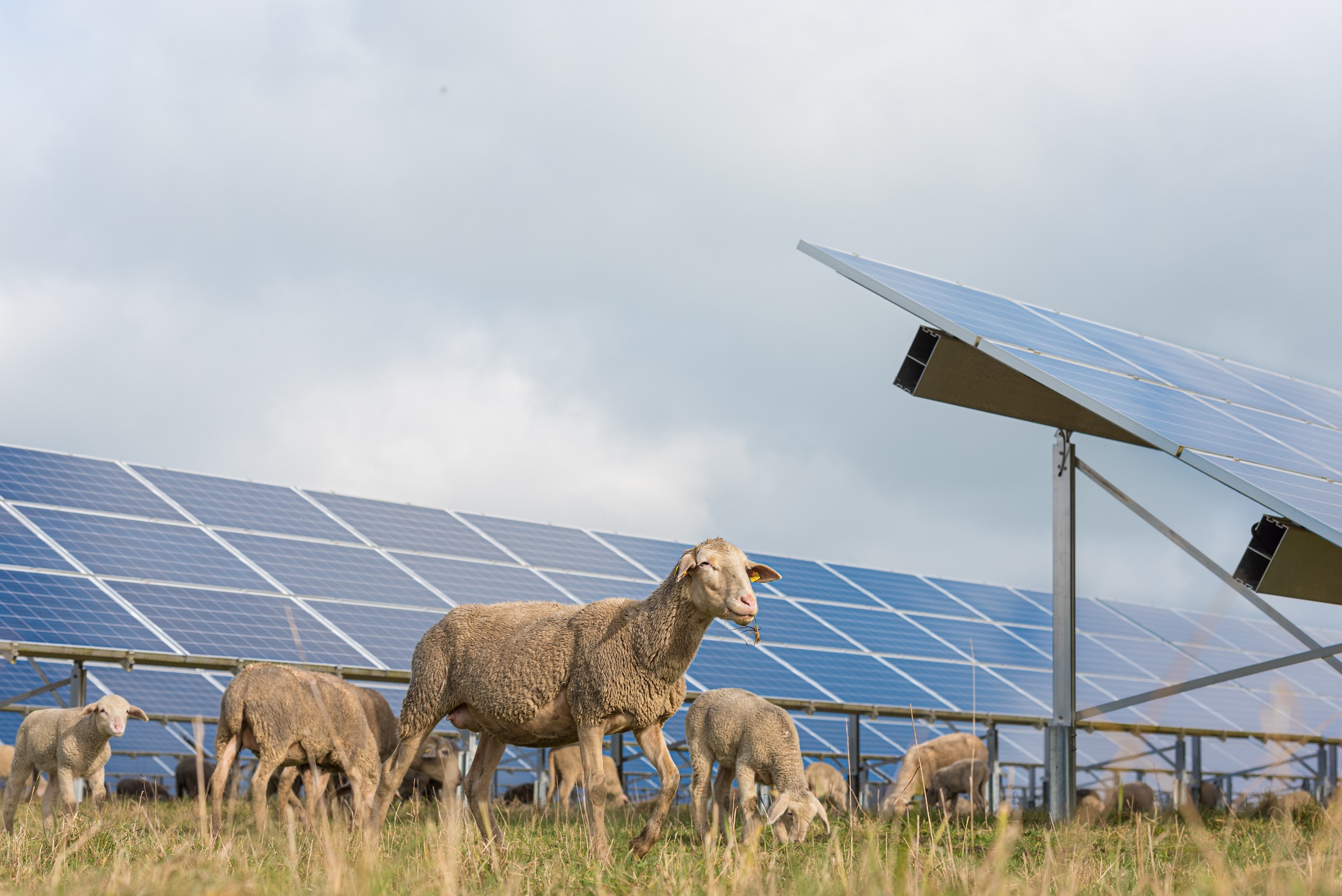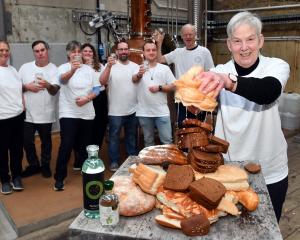

We can combat climate change and enhance the sustainability and affordability of our electricity system by breaking free from the status quo of our energy market that is deepening our dependence on fossil fuels at the expense of our communities.
Aotearoa is blessed with abundant hydro power, wind galore, plentiful sunshine, and deep geothermal heat which we harness in power stations. But we’re not taking advantage of this abundance. We can become an energy-sovereign nation, free from having to import $10 billion of fossil fuels a year, and instead rely on clean, renewable energy that is cheap and climate-friendly.
This is all possible, but it requires focus, especially for "dry years" such as 2024. I’ve often heard people touting New Zealand’s 85% renewable energy output. In reality, that figure is electricity only. When it relates to primary energy, we are more like 40% renewable, relying heavily on fossil fuels for transport and heating.
The fact is we’re locked in a broken electricity market that inflicts a lot of pain on its customers, such as the price spikes that are forcing the closure of pulp mills and costing our communities jobs. To have a truly sustainable economy, the country’s electricity system and the market it is situated within needs to be reinvented.
The status quo is not working. The four big gentailers, the companies that generate and sell our electricity, are recording daily profits of about $7.4 million. These companies have long prioritised the interests of shareholders over investment in renewable electricity, putting profit over people and planet, leaving households and businesses to suffer at the hands of exorbitant prices.
The monopolisation of our energy market has stifled innovation and locked out new players from entering the fold. Instead of prioritising reform, this government has used power price spikes as an excuse to push fossil fuel interests such as oil and gas exploration — something that only pours fuel on the climate crisis fire.
Our electricity market is in desperate need of reinvention. We need legislation to create a more level playing field between independent retailers and the big gentailers who dominate the market.
We should also provide more opportunities for independent generators to sell their power, to enable the faster deployment of renewable electricity generation. Furthermore, opening the market to a wealth and range of energy assets, such as rooftop solar, would help create a more flexible and dynamic distributed energy system.
There also remains plenty to do in sorting out our struggles with energy efficiency. The Energy Efficiency and Conservation Authority needs to be supported, not stripped to the bare bones, so it can actually invest in enhancing our energy efficiency. This would allow the rollout of an expanded Warmer Kiwi Homes programme that has the joint benefits of reducing energy hardship and demand for whanau.
In the middle of a climate crisis, fossil fuels are quite clearly not the answer to our energy woes. If we want to set our communities up for the future we have to prioritise renewables as we look to kick-start our transition towards a cleaner and greener economy.
At present, the biggest barrier to confronting the intertwined crises of energy insecurity and climate change is government inaction. It is time to pull our heads out of the coal pit, hose off the oil slicks and look to renewables. Let’s embrace this opportunity for change. We can build an energy-sovereign nation, free from fossil fuels and full of potential. The solutions to turn this ambition into a reality exist, all that is missing is the political will.
Scott Willis is a Waitati-based Green MP who previously worked as a climate and energy consultant. Each week in this column one of a panel of writers addresses issues of sustainability.












